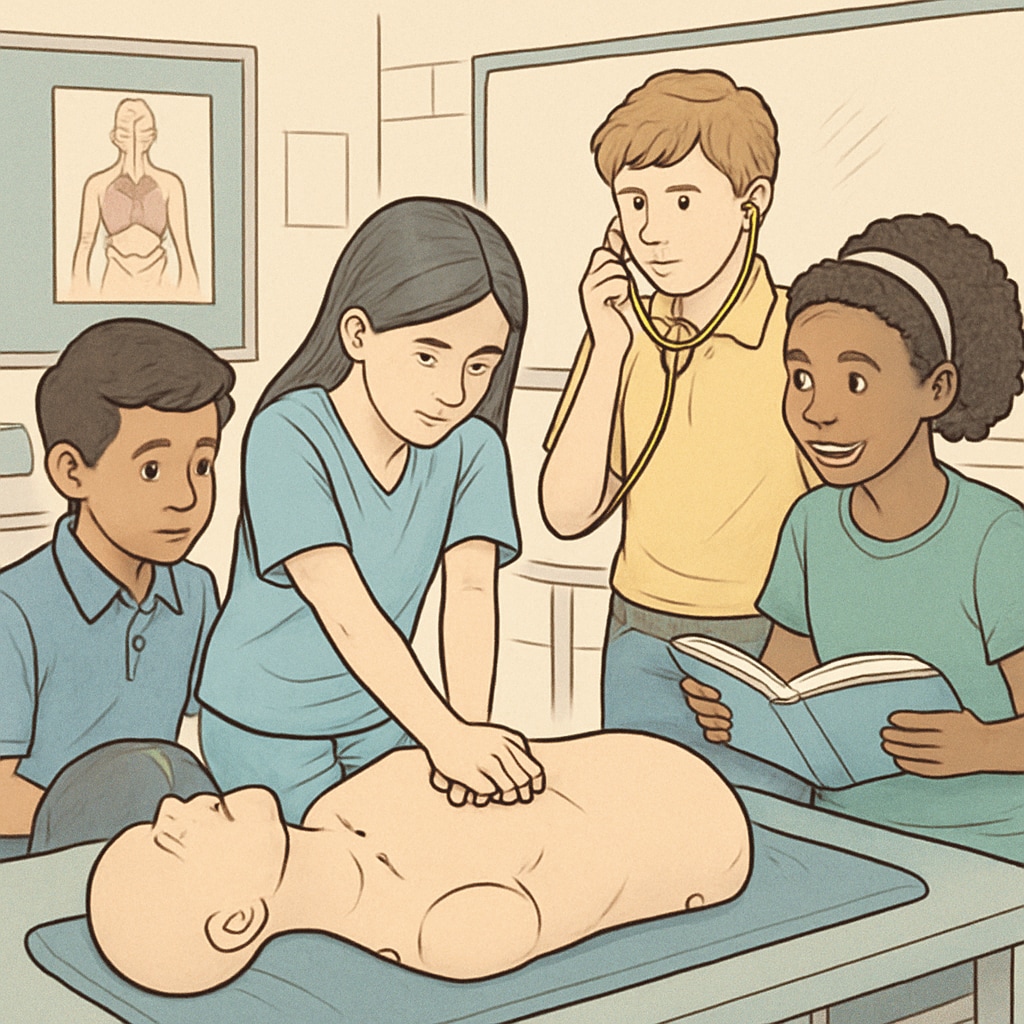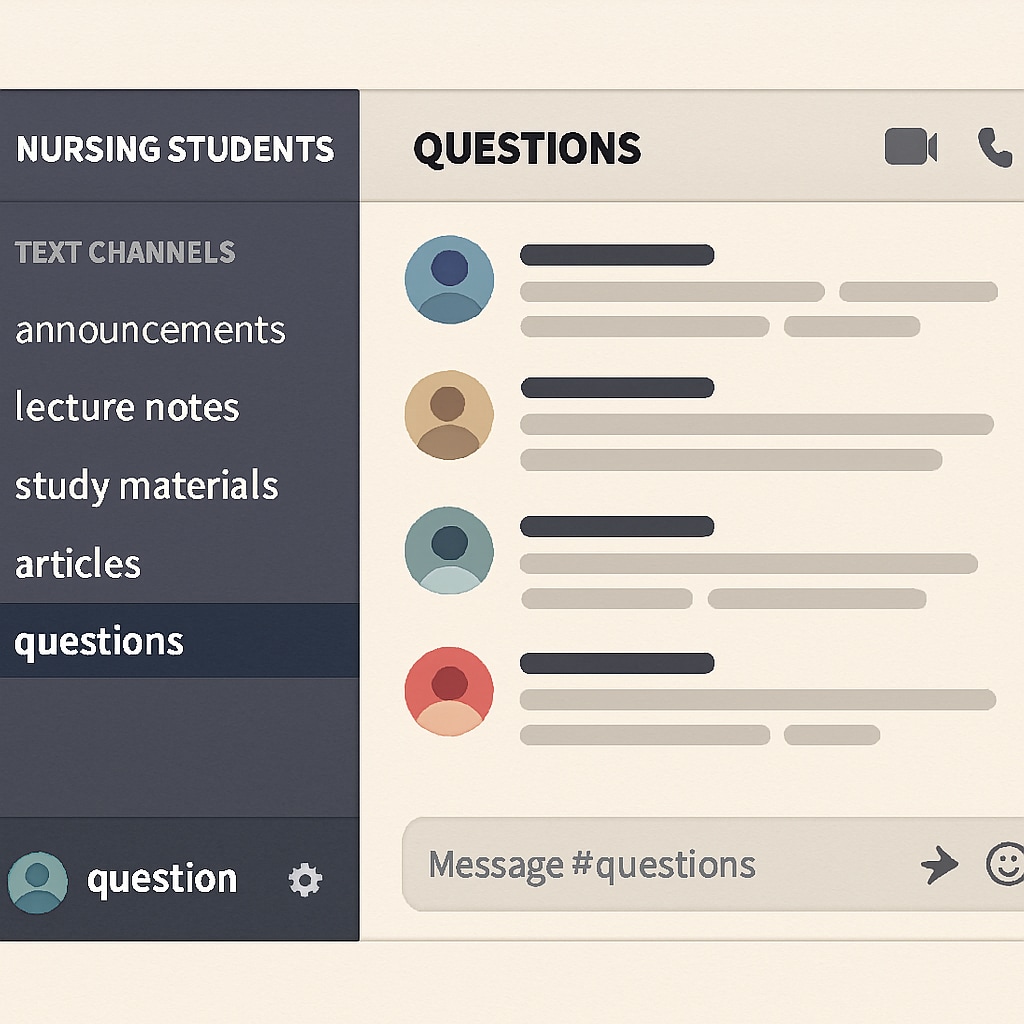In today’s interconnected world, the demand for skilled healthcare professionals continues to rise. Encouraging students to explore nursing careers at an early stage is crucial, and integrating collaborative platforms like Discord into their learning journey can make a significant impact. By fostering interest in nursing among K12 students and building supportive online learning communities, educators can create a pathway for young learners to consider healthcare as a viable and rewarding career.
Why Early Exposure to Nursing Matters
The nursing profession faces challenges such as workforce shortages and increasing demands for specialized care. Introducing nursing concepts to students during their K12 years can help address these challenges by inspiring future generations to pursue careers in healthcare. Early exposure allows students to develop empathy, teamwork skills, and a foundational understanding of medical practices.
For example, schools can host career days featuring healthcare professionals, organize science-based nursing workshops, or provide interactive experiences in medical simulation labs. Such initiatives not only spark curiosity but also provide practical insights into the responsibilities and rewards of nursing.

The Role of Online Communities in Nursing Education
Traditional nursing education often relies on classroom instruction and clinical practice, but online communities are increasingly playing a pivotal role in supplementing these methods. Platforms like Discord offer unique opportunities for students to connect, collaborate, and share resources in real time. Discord’s user-friendly interface supports text, voice, and video communication, making it ideal for creating study groups or organizing virtual events.
For example, educators can set up dedicated Discord servers where students discuss topics like anatomy, medical ethics, and patient communication. Students can also benefit from peer mentoring, where more experienced learners or professionals provide guidance and answer questions. This approach fosters a strong sense of community and encourages active participation.

How Educators Can Leverage Online Learning Communities
To effectively integrate platforms like Discord into K12 education, educators need well-structured strategies. Here are some actionable steps:
- Create themed channels: Organize channels based on specific nursing topics, such as first aid, pharmacology, or patient care techniques.
- Host virtual events: Invite guest speakers from the healthcare field for Q&A sessions or live demonstrations.
- Encourage peer collaboration: Assign group projects that require teamwork and discussion within the online community.
- Promote inclusivity: Ensure the community is welcoming to students of all backgrounds and skill levels.
These strategies not only enhance academic learning but also build soft skills like communication, empathy, and critical thinking—qualities essential for successful nursing professionals.
Building Lifelong Interest in Healthcare Careers
By combining in-person initiatives with online learning communities, educators can create a holistic approach to nurturing interest in healthcare. Beyond technical skills, students learn the importance of collaboration and community-driven problem-solving, which are essential attributes in the medical field.
Additionally, partnerships with local hospitals, nursing schools, and healthcare organizations can provide students with real-world insights into the profession. Mentorship programs that connect K12 students with nursing professionals can further solidify their interest in healthcare careers.
As a result, students emerge with a deeper understanding of what it means to be a part of the healthcare ecosystem, equipped with both knowledge and a sense of purpose.
In conclusion, platforms like Discord and community-driven learning environments represent a powerful opportunity to inspire the next generation of nursing professionals. By fostering interest early and providing accessible resources, educators can help bridge the gap between K12 education and future careers in healthcare.


